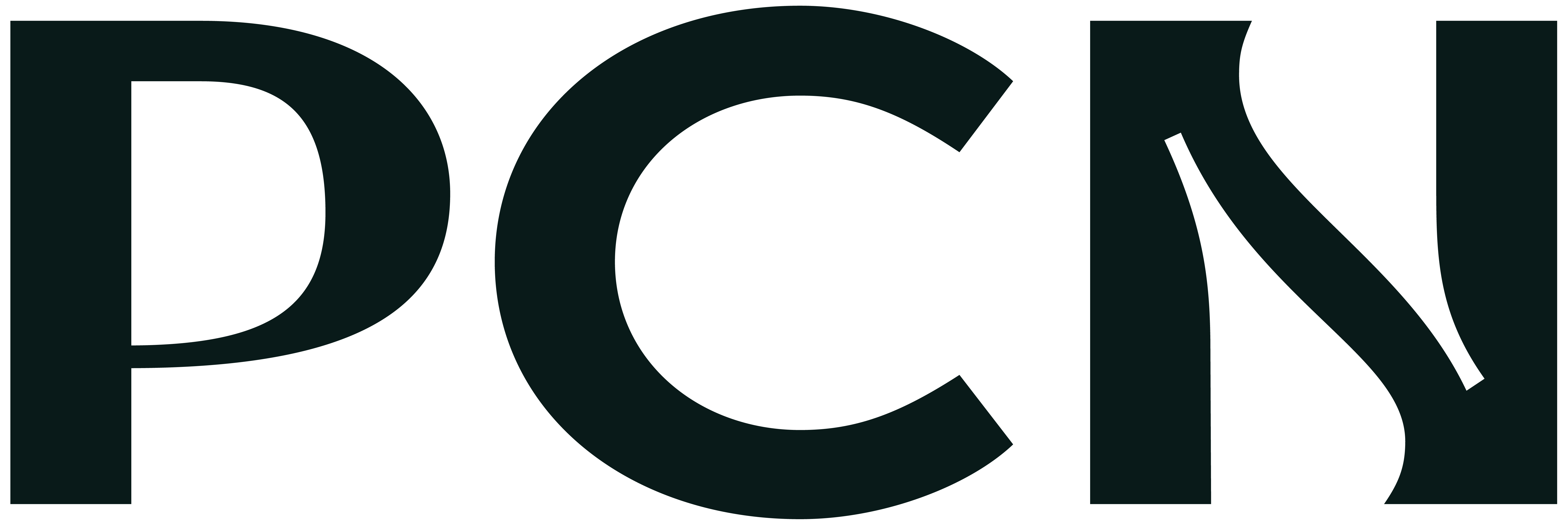Job opportunities in Europe for software engineers and developers are endless. Start-ups, scale-ups or headquarters of corporate companies in European cities like Berlin, Amsterdam, London or Paris are seeking especially senior software and data engineers. These talents represent the best of both worlds for the agile and fast-growing tech industry by being capable of both soft and hard skills to lead a team and grow businesses. However, being in high demand in this giant pool of opportunities leads IT people to consider a lot of different metrics while deciding on the next step for their career.
Even though your job is not your life, it decides your mood for at least 36 hours per week. Therefore, besides your salary, the company you work for determines your working conditions, work-life balance, professional and personal development as well. This is where one of the biggest dilemmas for software engineers comes into the picture: Which one is better to work for, a start-up or a big company?
Start-up Environment vs. Corporate Companies
Company Culture and flexibility
In order to attract more international talent and decrease turnover rates, tech driven companies are becoming pioneers to increase employee flexibility. After Spotify allowed its 6,500 employees to work from anywhere, it reported that the turnover rate dropped 15% in the second quarter of 2022 compared to the same quarter in 2019. Also many big tech companies like Apple, Amazon, Google or Meta think out of the box about building the company culture and don’t display a typical corporate structure as well.
Yet, these companies still make up a rather small part of the corporate world. Therefore startups and scale-ups are still one step ahead the corporate ones when it comes to supporting remote working and sustaining flexible working hours for their employees. However, it is undeniable that seeing more companies evolving into remote or hybrid working systems is promising for the future.
Company’s and Role’s Expectations From You
In the corporate world, tasks distributions and job definitions are more strict and clear compared to a startup. In a big company, you will usually work in a dedicated team and receive tasks according to your skillset. The high number of workers will enable each employee to focus on specific tasks and master their skills around that niche job. Even if you’re in an executive position, you’ll be more involved with the managing and coordinating side of the business rather than taking action by yourself. If you’re more into gaining expertise on a specific field or topic, big companies can give you more opportunities and time to do that.
However, you can’t expect the same mentality in a startup environment. You might be hired as a back-end developer but it’s most likely that you will also have to do DevOps tasks, QA, front-end development, project management or even UI/UX. Micromanagement is not an option in these kinds of working cultures and you need to develop your skills around being a strong self learner. You will most likely need to take initiative to do things that you were not trained to do. There are many factors for a decision here and everyone has different circumstances and different offers on the table.
For sure, there is no better option between them but it all depends on your expectations for your career growth and future. If you feel in between and are not able to make a solid decision to draw your path, the PCN team is here to guide you! Check out our jobs for both startups and big tech companies around Europe and apply the one(s) that matches best with your skillset. Our expert recruitment consultants are here to lead your way on your next career journey.

